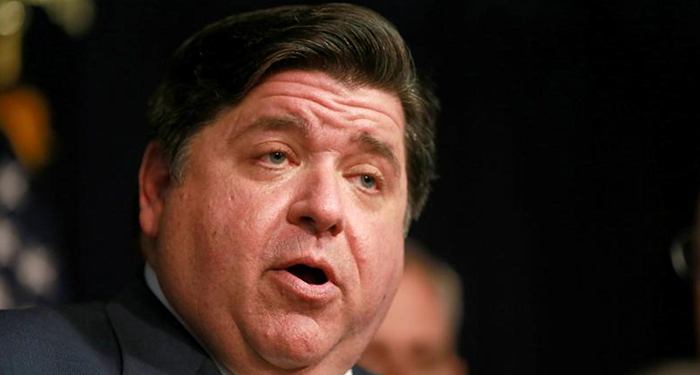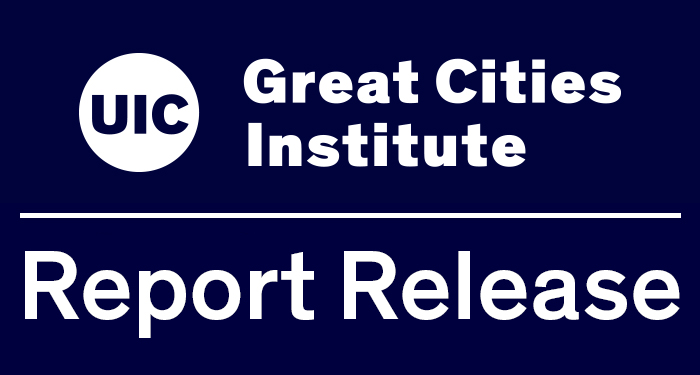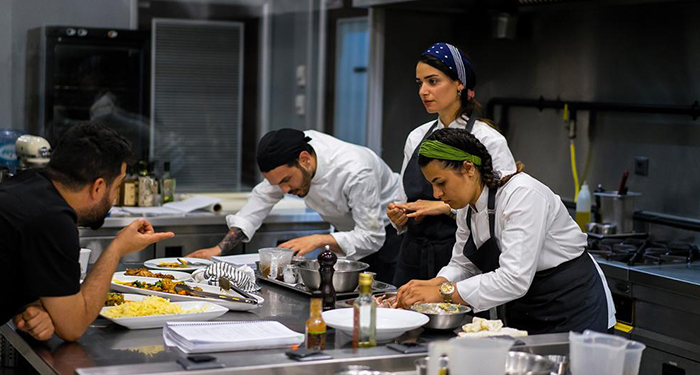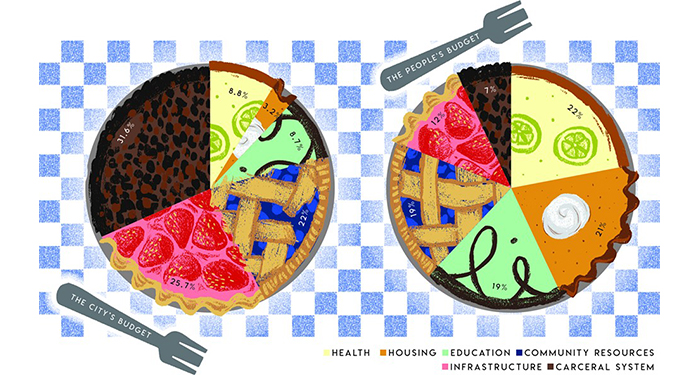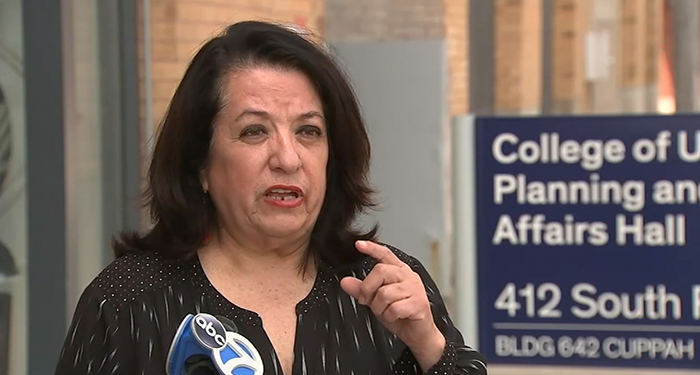
Getty Images/iStockphoto
A Crain’s Chicago Business story about the Chicago City Council ward remapping process includes analysis from Rob Paral, senior research specialist with UIC’s Great Cities Institute, who reports on what changes would take place if wards were allocated based solely on Chicago’s demographics.
Full Story from Crain’s Chicago Business »


